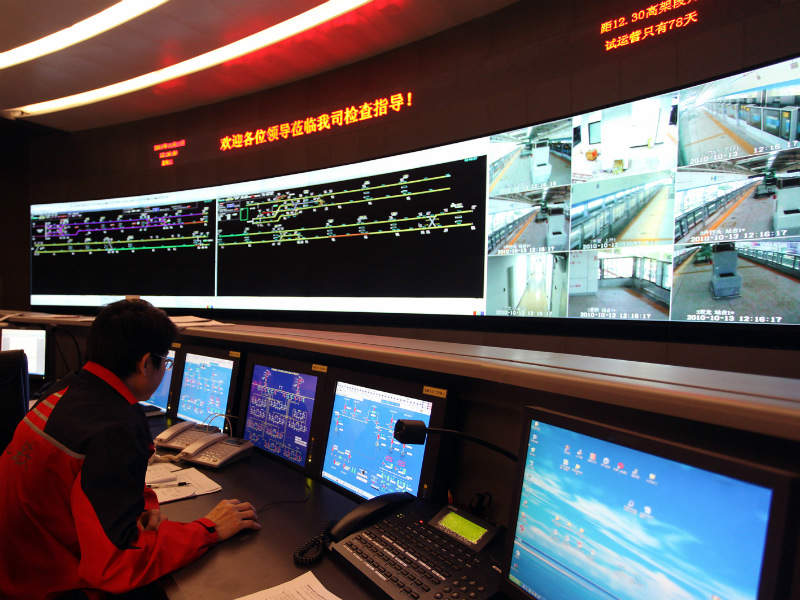
Bombardier Transportation has revealed it will be replacing assets for Singapore’s Land Transport Authority (LTA) under a recently signed contract.
The contract’s scope covers the supply of 19 new BOMBARDIER INNOVIA APM 300 automated people mover cars, the retrofitting of 13 existing BOMBARDIER INNOVIA APM 100 cars, as well as delivering a signalling system upgrade for 14 stops on the Bukit Panjang Light Rail Transit (LRT) Line. The contract is valued at approximately S$344m ($262m, €211m).
Commenting on the contract award, Jayaram Naidu, vice-president of Southeast Asia, Bombardier Transportation, said: “As a world-leading rail supplier, Bombardier adds value for its customers and this latest contract shows the trust LTA has in us and further deepens our long-term presence in this important market.
“Bombardier started delivering INNOVIA APM 100s for Bukit Panjang Line in 1999 and we are ready to continue meeting Singapore’s mobility needs with our high-performance rail vehicles, signalling systems and integrated fleet support.”
Since 2012, Bombardier has delivered 276 driverless BOMBARDIER MOVIA Metro cars for Singapore’s Downtown Line in addition to 13 driverless INNOVIA APM 100 cars for the Bukit Panjang LRT.
Singapore’s Mass Rapid Transit (MRT) and LRT networks have a combined ridership of over three million passengers daily and LTA is seeking to strengthen the country’s rail infrastructure with the target to expand the rail network to 360km by 2030.
Bombardier has more than 40 years of experience in designing, building, operating and maintaining automated transit systems for airports and cities globally, providing exceptional route flexibility, while maintaining an unprecedented track record for reliability and dependability.
In addition, our advanced CITYFLO 650 solution, chosen for over 40 lines across the world, covers the full range of automatic train control technology, as well as supporting our driverless automated people mover and monorail systems. The system can be expanded within short delivery times, and with minimum disruption to suit the operator’s growing requirements.

